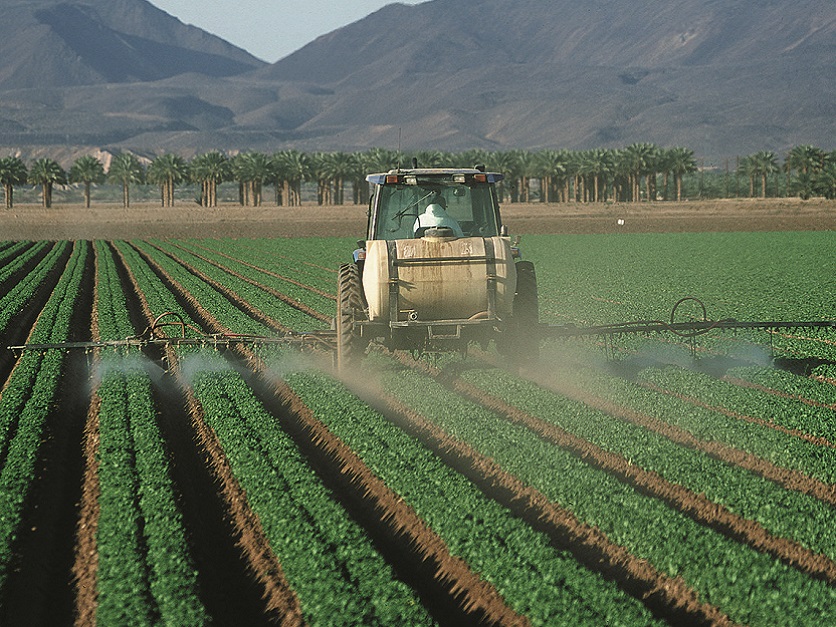The European Commission is expected to ban the use of the insecticide chlorpyrifos in January following a vote Friday by its Standing Committee on Plants, Animals, Food and Feed that cited health risks to children.
The committee approved the prohibition, which also applies to chlorpyrifos-methyl, after the European Food Safety Authority concluded earlier this year that “safe levels of exposure cannot be determined based on the available data,” the EC said.
“Experts concluded that concerns related to human health exist, in particular in relation to possible genotoxicity and developmental neurotoxicity,” according to the EC statement released after the vote, which achieved a “qualified majority” of European Union member states. Specific results were not released.
A qualified majority must comprise at least 55% of the member states, representing at least 65% of the EU’s population.
Corteva Agriscience, which sells chlorpyrifos under the trade name Lorsban, said in a statement it was “disappointed” by the decision, which “denies EU growers access to yet another key tool to protect their crops. No active ingredient had been more thoroughly researched than chlorpyrifos and the EFSA conclusions do not match the conclusions of other major regulatory bodies, including US-EPA, Australia-APVMA or the World Health Organization.”
In July, EPA rejected a petition from environmental groups and farmworkers to ban the insecticide in the United States. That resulted in another lawsuit from those groups in the Ninth U.S. Circuit Court of Appeals to reverse the EPA decision. Eight states and the District of Columbia filed a similar petition in that court.
In California, the state reached an agreement with chlorpyrifos manufacturers to end sales of the product in February, and use of it by the end of 2020.
Environmental groups that had been pushing for the ban said it was not an easy lift. “It took an overwhelming amount of evidence — showing that chlorpyrifos insecticides may cause brain toxicity in children — for the European Commission to propose a ban,” said Angeliki Lyssimachou, science policy officer at Pesticide Action Network Europe.
The EC — the EU’s governing body — is expected to agree with the committee and vote to ban the substances in January.
Stella Kyriakides, the European Commissioner for Health and Food Safety, said on Twitter that she welcomed the news about the “two dangerous pesticides.”
“A short period of grace for final storage, disposal and use (maximum 3 months) may be granted by EU countries,” the commission said. “After that, such plant protection products can no longer be placed on the market or used in the EU.”
The commission also is discussing with EU member states a draft regulation that would “lower the Maximum Residue Levels (MRLs) of chlorpyrifos and chlorpyrifos-methyl in food and feed to the lowest level that can be measured by analytical laboratories.”
For more news, go to www.Agri-Pulse.com


